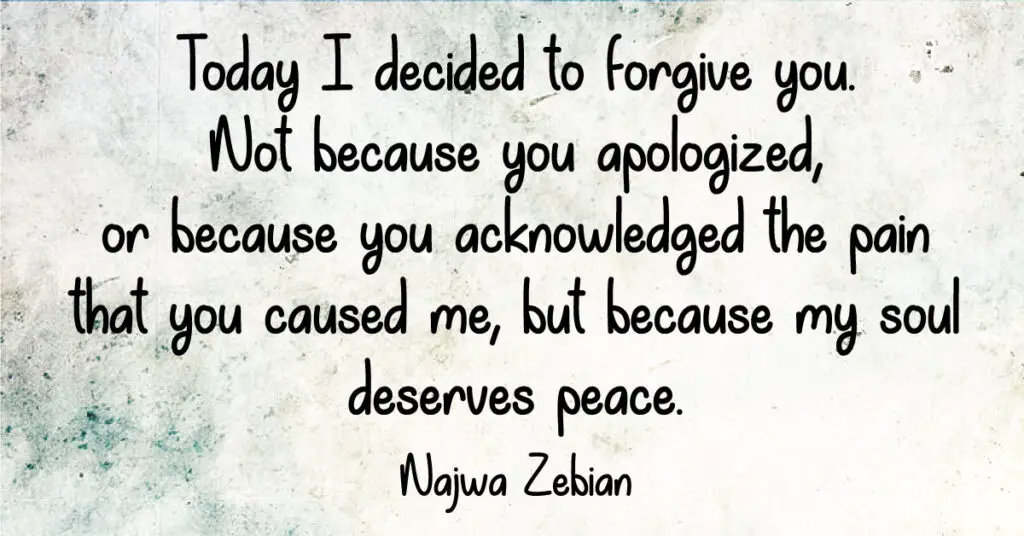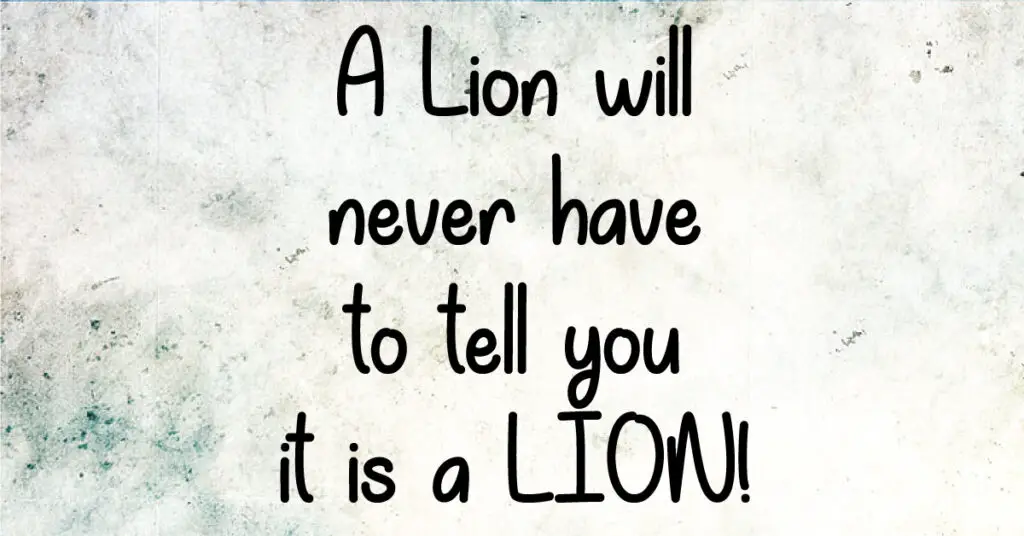Making the decision to end a relationship is a complex and emotionally intense journey. It’s a path laden with confusion, doubt, and often an overwhelming sense of loss. It’s like being on an emotional roller coaster, where the highs can be breathtakingly beautiful, but the lows are filled with hurt, despair, and uncertainty about what lies ahead.
From shared memories, intertwined lives, and deep emotional bonds, separating from a partner is more than just saying goodbye to a person—it’s saying goodbye to an entire chapter of your life. You might find yourself questioning your judgment, wrestling with guilt, and grappling with the fear of being alone. These feelings are natural and valid, as ending a relationship is a significant life event that can shake you to your core.
However, amidst this turmoil, it’s crucial to remember that sometimes, ending a relationship might be the best thing for your emotional health and overall well-being. While it may seem daunting at first, taking this step could open doors to self-discovery, growth, and new possibilities. It could free you from a situation that was causing more harm than good and provide you with the much-needed space to heal and rebuild.
But how do you know when it’s time to take this step? How do you distinguish between a rough patch that can be worked through and a relationship that has run its course? The answer lies in introspection and honest self-evaluation. To aid you in this process and make your decision easier and more informed, we’ve compiled a list of nine critical questions you should ask yourself if you’re considering ending a relationship.
Each question serves as a guidepost, directing you towards a deeper understanding of your feelings, your relationship, and ultimately, what’s best for you. So, prepare yourself for a journey of self-discovery as we delve into these nine essential questions.
1. How Do I Feel About Them?
This question revolves around the emotional connection you share with your partner, which is the bedrock of any relationship. If you find that your feelings for your partner have dwindled or transformed in a way that no longer aligns with being in a relationship, it may be a sign to reevaluate its future.
This shift in emotions can be due to various reasons – unmet needs, constant conflicts, lack of growth, or simply growing apart over time. While relationships do require work and commitment, they should not be a constant struggle. If the love and affection that once was is no longer present, it might be time to consider moving on.
2. Is the Relationship Worth Another Chance?
This question calls for a thorough self-analysis and honest evaluation of your relationship. Reflect on the obstacles you’ve encountered in your relationship. Are these issues resolvable? If so, are both you and your partner willing to make necessary changes and efforts to address them?
This could involve open communication, seeking professional help, or making personal changes. The willingness to work together towards resolving issues is a strong indicator of a relationship’s potential longevity. However, if the problems persist despite efforts, or if only one party is willing to put in the work, it may suggest that the relationship might not be salvageable.
3. Do We Have Essential Compatibility Issues?
Compatibility indeed plays a pivotal role in sustaining any relationship. It’s not just about sharing common interests, but also about aligning on core values, life goals, and lifestyle choices. If you constantly find yourself in disagreements or conflicts with your partner over these fundamental aspects, it could indicate a compatibility issue.
Such conflicts can lead to stress, dissatisfaction, and constant friction in the relationship. While differences can be worked through in some cases, if they pertain to non-negotiable values or significant lifestyle choices, it might be a sign that the relationship needs reevaluation. It’s essential for both partners to feel understood, respected, and comfortable in a relationship.
4. Do I Still Love Them and Do They Still Love Me?
Love is indeed the cornerstone of any relationship. It’s the glue that binds two people together and makes overcoming challenges possible. If you find that the love has faded or is unreciprocated, it might be a sign to rethink the relationship.
Love shouldn’t be one-sided; it should be a shared feeling that brings joy and fulfillment to both parties. If this fundamental element is missing, it could lead to unhappiness and dissatisfaction. Therefore, it’s important to recognize when love is no longer serving its purpose and make decisions that prioritize your emotional well-being.
5. Is the Relationship Having a Positive Effect on My Life?
A healthy relationship is characterized by mutual respect, understanding, and the ability to bring happiness and personal growth. It should be a source of support and positivity, not a constant cause of stress or unhappiness. If you find your relationship causing more distress than joy, or if it’s stunting your personal or emotional growth, it might be time to reconsider its worth.
You deserve a relationship that enriches your life, fosters your development and gives you peace. Remember, the essence of any relationship is to enhance your life, not to become a barrier to your happiness or personal evolution.
6. Do Our Differences Complement Each Other or Create Harm?
Differences in a relationship can provide an enriching dynamic, introducing diversity and broadening perspectives. They can stimulate growth, understanding, and mutual respect. However, when these differences lead to constant conflict, stress, and unhappiness, they become detrimental rather than beneficial.
It’s crucial to evaluate if your differences with your partner are causing more harm than good. If the conflicts outweigh the harmony and bring more pain than joy, it might be time to reassess the relationship. Relationships should promote peace, respect, and mutual understanding, not continual discord and emotional distress. Remember, a healthy relationship allows both individuals to thrive together despite their differences.
7. Am I Willing to Forgive?
Forgiveness is a key ingredient in preserving a healthy relationship. It allows us to release resentment and move forward from past mistakes. However, if you find yourself unable to forgive or let go of past wrongs, it could indicate a deeper issue within the relationship.
Persistent resentment can breed negativity and impede the growth and happiness that a relationship should bring. If forgiveness seems impossible, it might be a signal that the relationship may not be salvageable. Remember, a healthy relationship requires both parties to forgive, learn, and grow together.
8. What Pattern Do I See in This Relationship?
Patterns of behavior can offer valuable clues about how a relationship might evolve. If there’s a recurring pattern causing pain or discomfort, it’s important to confront it. This could involve open communication with your partner or seeking professional help. Ignoring such patterns may lead to future distress and complications.
Before deciding on the future of the relationship, addressing these issues is essential. Remember, a healthy relationship involves recognizing and rectifying harmful patterns to ensure both partners feel safe, respected, and loved. Patterns should enhance your bond, not create persistent discomfort.
9. What Am I Struggling to Let Go of in the Relationship?
Letting go is often a complex and emotionally taxing process. It requires identifying the elements of the relationship that you’re finding hard to relinquish. This could be due to shared experiences, emotional bonds, or fear of change.
By understanding why these aspects are difficult to let go, you gain clarity on their significance. This introspection can help determine if these elements are strong enough to uphold the relationship. If they outweigh the negative aspects causing strife, it might be worth salvaging the relationship. However, if they don’t, it might be time to consider parting ways for your emotional health.
Final Thought
In conclusion, the decision to end a relationship is substantial and requires deep contemplation and introspection. These nine questions act as a compass, guiding you towards a well-informed decision that respects your emotional health. It’s vital to remember that prioritizing your happiness and well-being is not just acceptable, but necessary. This might mean ending a relationship that no longer serves you positively. Make choices that empower you and contribute to your personal growth and contentment.







